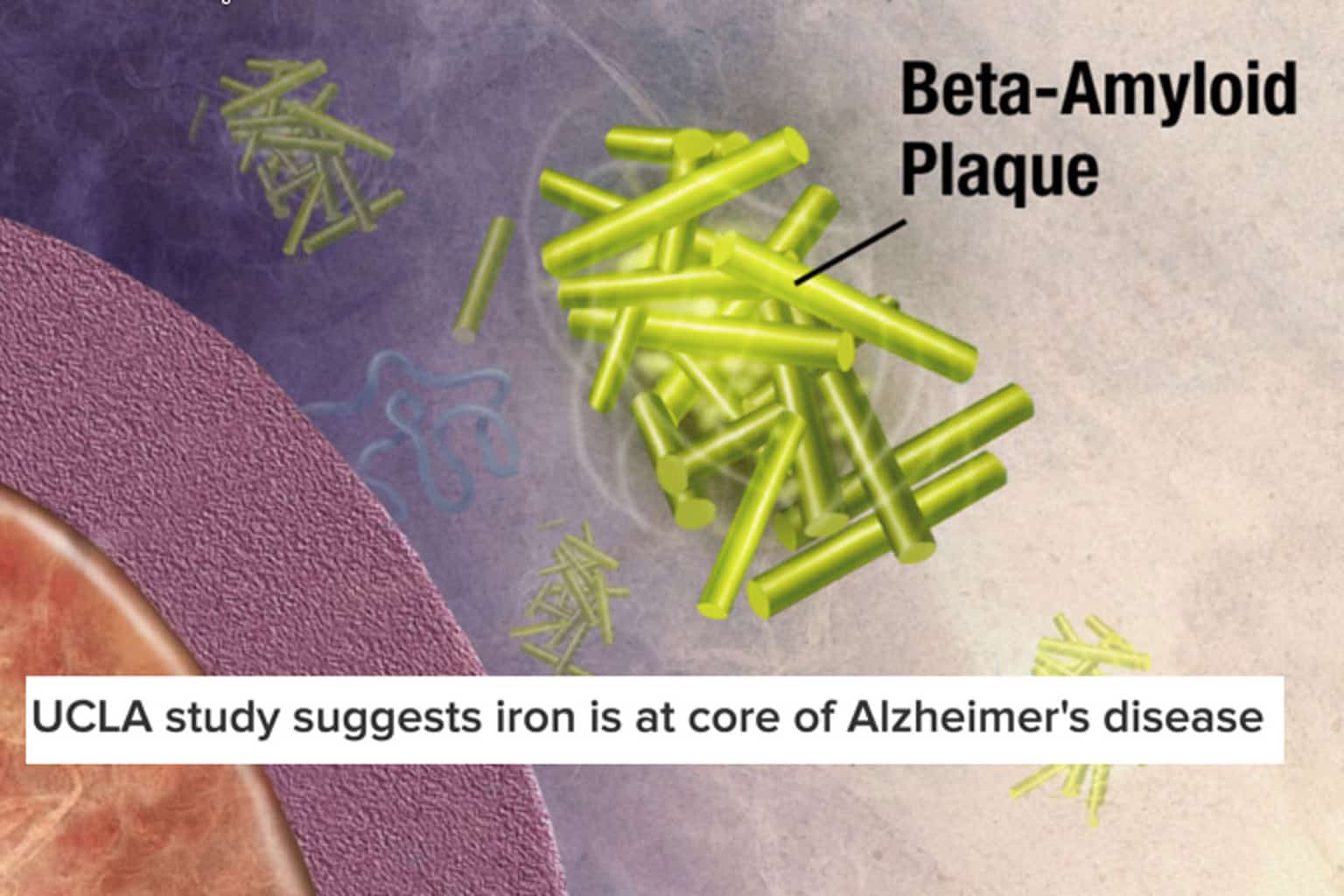
[cmamad id=”16985″ align=”center” tabid=”display-desktop” mobid=”display-desktop” stg=””]
Shockingly, memory loss may start at your gut – and these scientists in Sweden have found a cure
——Important Message——
Single men: 3 to 5 dates every week on autopilot?
Are you too busy to line up dates for yourself? But you want lots of romantic and sexual experiences with very cute younger women?
You can pack in decades of dating experiences with beautiful younger women…in only a few months.
We’ll organize dates with gorgeous younger girls for you, and coach you beforehand and afterward.
No worrying over profiles… No blind dates.
Nothing you have to do except go out on dates and get personalized coaching.

——————-
Swedish scientists: Now – a cure for memory loss
Memory loss may start in the gut.
Bear with me here… I think you’ll love this story – and what these Swedish scientists have come up with.
It starts here:
Twisted and misfolded proteins called plaques are found in the brains of Alzheimer’s patients.
These plaques attach to the end of the nerve fibers.
Scientists think that plaques – especially Aβ (amyloid beta) – impair brain function.
But why do these plaques form and how can we prevent them?
 Scientists at Lund University in Sweden are investigating the unraveling connection between gut bacteria and Alzheimer’s.
Scientists at Lund University in Sweden are investigating the unraveling connection between gut bacteria and Alzheimer’s.
Previous experiments had indicated there might be a connection between gut bacteria and brain disorders.
But, in the case of Alzheimer’s, hard evidence was yet to be had.
[cmamad id=”16986″ align=”center” tabid=”display-desktop” mobid=”display-desktop” stg=””]
“Despite clinical and experimental evidence implicating the gut bacteria in a number of brain disorders, its impact on Alzheimer’s disease is not known.”
So the scientists decided to do some experiments on mice.
They analyzed the bacteria in the waste of lab mice that are genetically prone to Alzheimer’s disease.
“We sequenced bacterial fecal samples of Aβ-transgenic mice.”
The brains of Alzheimer’s patients contain high amounts of Aβ protein plaque.
Scientists believe that this misfolded Aβ protein might actually cause Alzheimer’s.
When they analyzed the samples of bacteria from the Alzheimer’s Aβ mice, they found they were very different from the bacteria from normal mice.
“We found a remarkable shift in the gut bacteria of Alzheimer’s Aβ mice compared to normal mice.”
So the mice that were genetically designed to have Alzheimer’s (Aβ mice) had different bacteria in their guts than normal mice.
Next, the scientists focused on mice specially raised to be sterile and germ-free.
These mice have no gut bacteria at all.
They found that the germ-free mice had much lower levels of the pathogenic Aβ protein.
The germ-free mice did not display the Aβ signature of Alzheimer’s.
“Subsequently we generated germ-free mice and found a drastic reduction of Aβ pathology when compared to normal mice with gut bacteria.”
The scientists transplanted the bacteria from Alzheimer’s Aβ mice into the germ-free mice.
When the germ-free mice received Alzheimer’s type bacteria, their levels of Aβ increased.
“Colonization of germ-free mice with bacteria from Alzheimer’s Aβ mice increased Aβ.”
When germ-free mice were given bacteria from normal mice (instead of from Alzheimer’s Aβ mice), they too had an increase in Aβ amyloid protein.
Every way they tested it, the Alzheimer’s Aβ amyloid protein depended on specific gut bacteria for its creation.
The increase in Aβ amyloid protein from the bacteria in normal mice was much less than that from the bacteria in Alzheimer’s Aβ mice.
“Colonization with bacteria from wild-type mice was less effective in increasing Aβ levels.”
These findings contribute a lot to the understanding of the progression of Alzheimer’s from gut bacteria to the brain.
“Our results indicate a bacterial involvement in the development of Aβ amyloid pathology, and suggest that bacteria may contribute to the development of neurodegenerative diseases.”
Project researcher Frida Fåk Hållenius said of the results:
“We can now begin researching ways to prevent the disease and delay the onset. We consider this to be a major breakthrough as we used to only be able to give symptom-relieving antiretroviral drugs.”
These findings may help us come up with solutions to reduce the incidence of Alzheimer’s.
Potentially, we could even reverse Alzheimer’s if we understand how to change our bacteria.
Some bacteria are with us from birth, others are determined by genes – but many are determined by our lifestyle.
We have an increasing amount of information about how diet, stress, and medications change our bacterial makeup.
There is even evidence that bacteria can enter the nasal passage and cause Alzheimer’s plaques – but that’s for another article.
When we understand which bacteria are causing Alzheimer’s, we could change our lifestyles to minimize our exposure to these bacteria.
You should see a healthcare professional if you suspect you have Alzheimer’s.
——Important Message——
Too much iron: Is it making men’s brains and bodies decades older?

As we age, iron builds up and can kill our brains and our sexual performance.
But fortunately, I have found some simple tricks that can increase lifespan by 30% or 40% – by blocking iron.
And these tricks all increase sex drive and sexual performance because they eliminate metabolic problems.
This frees the male body to pour its resources into the sexual organs, so you’ll be having random woodies again when you see a girl, and you’ll wake up with hard erections like you used to.
To block excess iron, use my simple “metabolic shake” every day…
…it contains iron-blocking ingredients, as well as metabolic boosters.
——————-


Leave a Reply